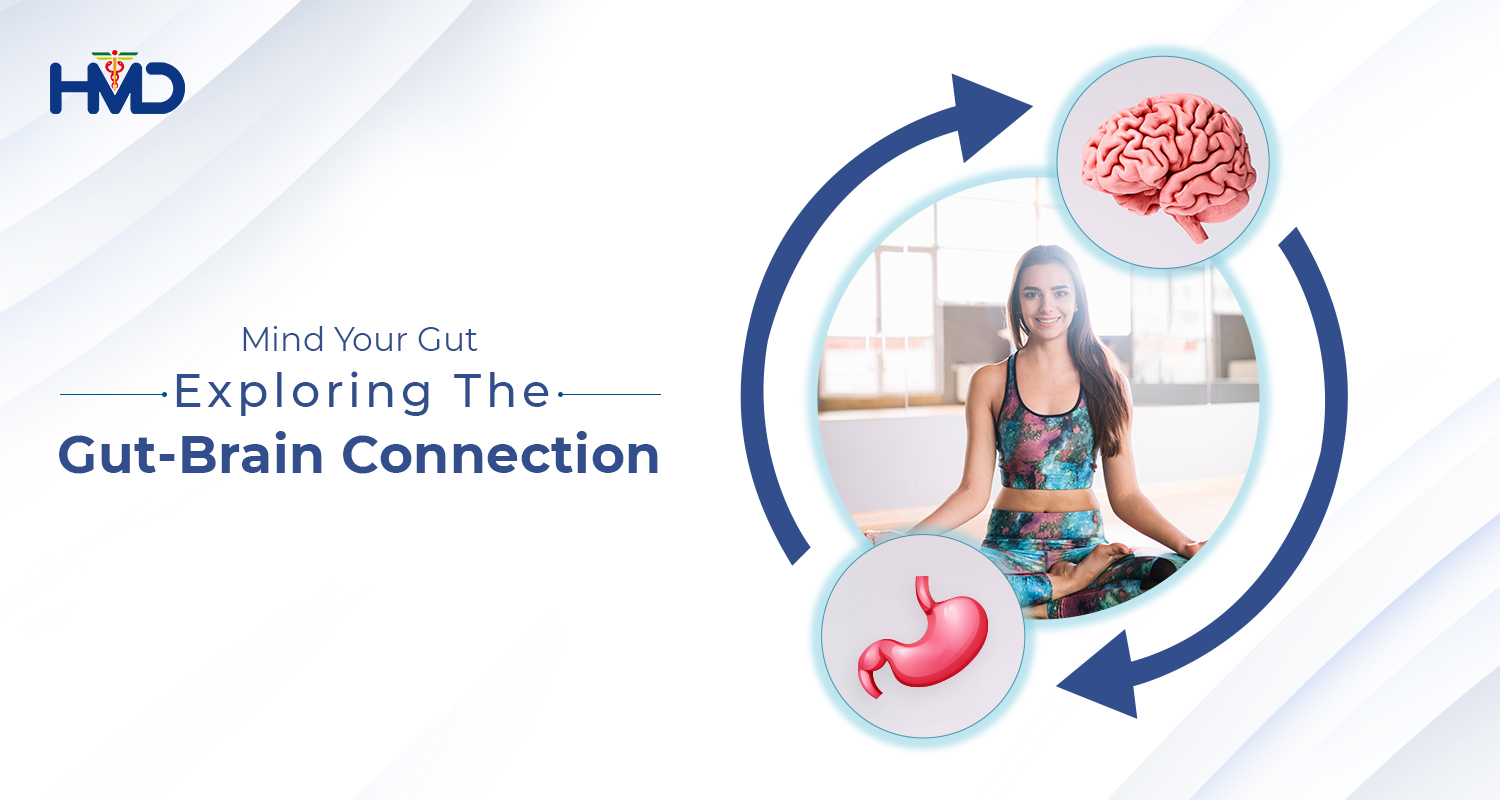

Emerging research reveals a compelling connection between the human gut and the brain. This groundbreaking discovery has fundamentally altered our understanding of the brain and digestive health and the profound impact they have on each other.
The intricate link between these two organs is reflected in the often-used term “second brain” for the gut, considering the bidirectional communication and influence they share.
The Gut-Brain Connection
The gut-brain axis, a specialised term for this connection, refers to a two-way communication system between the gut and brain. Numerous factors shape this complex relationship.
- The enteric nervous system (a complex network of nerves lining the gut) constantly communicates with the central nervous system via the vagus nerve, forming a crucial two-way pathway that facilitates the gut-brain connection.
- Similarly, the gut acts as a major neurotransmitter factory, producing chemicals like serotonin that influence mood, appetite, and sleep, all of which are in communication with the brain.
- The gut microbiota, a community of microbes that aid digestion, also influences brain function by sending signalling molecules across the gut barrier.
The Role of Digestive Health
Our diet significantly impacts the gut environment. Consuming ultra-processed foods, high in additives and refined ingredients like sugars, disrupts the gut ecology and increases disease risk.
These can be delicious while consuming but lack the nutritional value of whole foods. By nurturing a healthy gut, we indirectly support our brain health as well due to the intricate connection between these two vital systems.
Why Understanding the Gut-Brain Connection Is Important?
The gut-brain axis crucially influences overall health, including mental, digestive, and immune functions. An imbalanced gut microbiota can potentially contribute to mental health disorders.
Understanding the gut-brain connection and implementing proactive strategies to optimise the health of both can significantly enhance overall well-being, lower the risk of chronic diseases, and improve quality of life through increased mental clarity and physical resilience.

